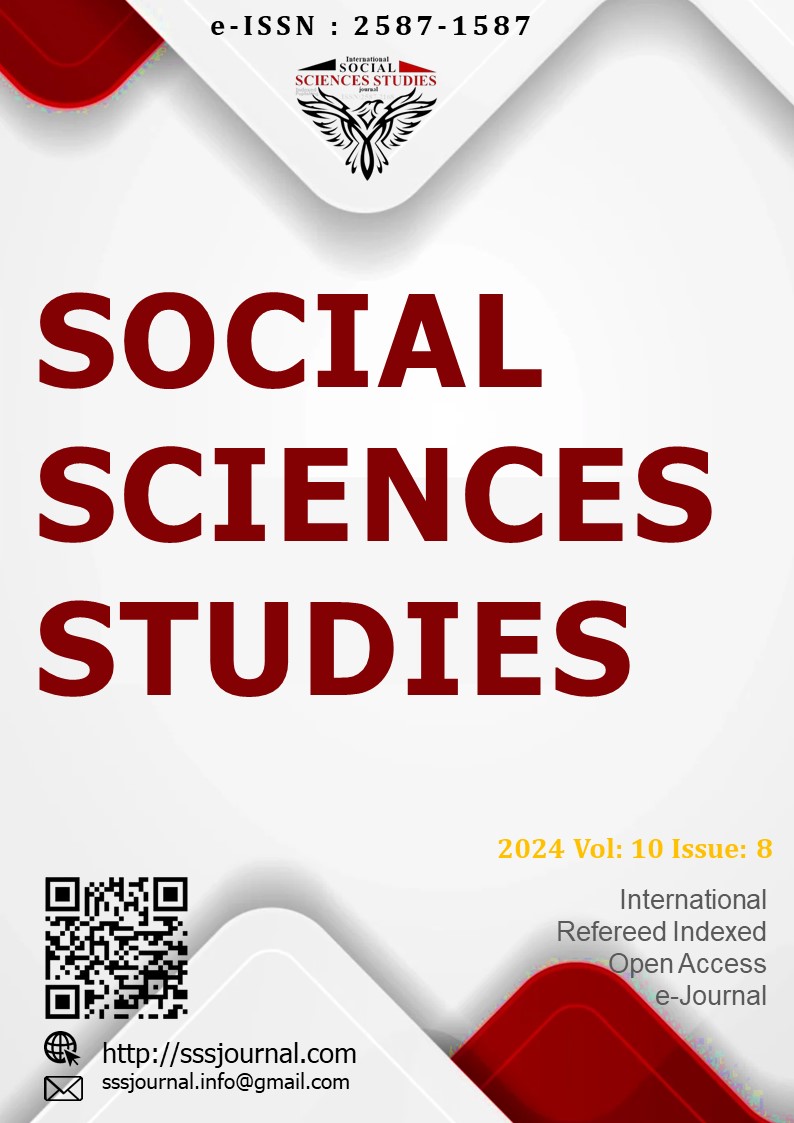Author :
Abstract
Abdüllatif Harpûtî, Osmanlı Türkiye’sini temsil eden önemli bir yeni ilm-i kelâmcıdır. O, kelâm ilminde yenilik anlamında ilk somut adımları atan şahsiyettir. Harpûtî, yeni ilm-i kelâmda itikadî konulara aklî bir metotla yaklaşmakla beraber akıl ve nakil ilişkisinde mutedil bir bakış açısı getirmiştir. O, kelamda muhteva bakımından yenilenmeyi öngörmüş, bu konuda ciddi bir şekilde uğraş sergilemiştir. Amacı İslâm dinin gücünü tüm ihtişamıyla delil ve burhanlar kullanarak ortaya koymaktır. Harpûtî, diğer taraftan İslâm itîkâdına zarar verecek tüm unsurları, bâtıl ve inkârcı oluşumları bertaraf etmek istemiştir. O, İslâm’ın bilime ve akla karşı olmadığını eserlerinde ön plana çıkarmayı hedeflemiştir. Örneğin Tenkihu'l-Kelâm eserinin sonunda yer alan “İlm-i Hey’et ile Kütüb-i Mukaddese Arasında Zahirî Hilafın Tevcih ve Tevfîki Hakkında” risâlesi bunun bir yansımasıdır. Bu eserde vahiy ve bilim arasında ilişki kurulmasının, heyet ilmi üzerinde durulmasının, geçmişe dönük birtakım astronomi teorilerinin ayetlerle desteklenmesinin sebebi, İslâm’ın bilime ve akla karşı olmadığının bariz bir tezahürüdür. Harputi’nin Tarih-i İlm-i Kelâm eseri ise daha çok mezhepler tarihinden ve İslâm fırkalarından izlenimleri yansıtması açısından son derece kıymetlidir. Eser, itikâdi fırkalar ile dinler bölümüne hayli yer verilmesi açısından milel ve nihal özelliğindedir. O, yeni ilm-i kelâm döneminde İslâm itikadına zarar verecek unsurlara karşı mücadele eden ve bu mücadelesini eserleriyle somutlaştıran bir kelamcıdır.
Keywords
Abstract
|
Abdüllatif Harpûtî is an important new theologian representing Ottoman Turkey. He is the person who took the first concrete steps in terms of innovation in the science of kalam. Although Harputî approached the religious issues in the new science of theology with a rational method, he brought a moderate perspective on the relationship between reason and transmission. He envisaged a renewal in terms of content and made serious efforts in this regard. Its aim is to reveal the power of the Islamic religion in all its glory, using evidence and demonstrations. On the other hand, Harputî wanted to eliminate issues that would harm the Islamic faith, false and denialist formations. He aimed to highlight in his works that Islam is not against science and reason. For example, the treatise "Concerning the Tevcih and Tevfîki of the Apparent Caliphate Between the Science of Science and the Holy Book" located at the end of the work Tenkihu'l-Kelâm is a reflection of this. The reason why this work establishes a relationship between revelation and science, focuses on the science of delegation, and supports some retrospective astronomy theories with verses is a clear manifestation that Islam is not against science and reason. Harputi's work, History-i Science-i Kalam, is extremely valuable in terms of reflecting impressions from the history of sects and Islamic sects. The work has the characteristics of a primary and a final one in that it gives a lot of space to the sections on theological sects and religions. He is a theologian who fought against the elements that would harm the Islamic faith in the new Islamic theological period and embodied this struggle with his works. |





